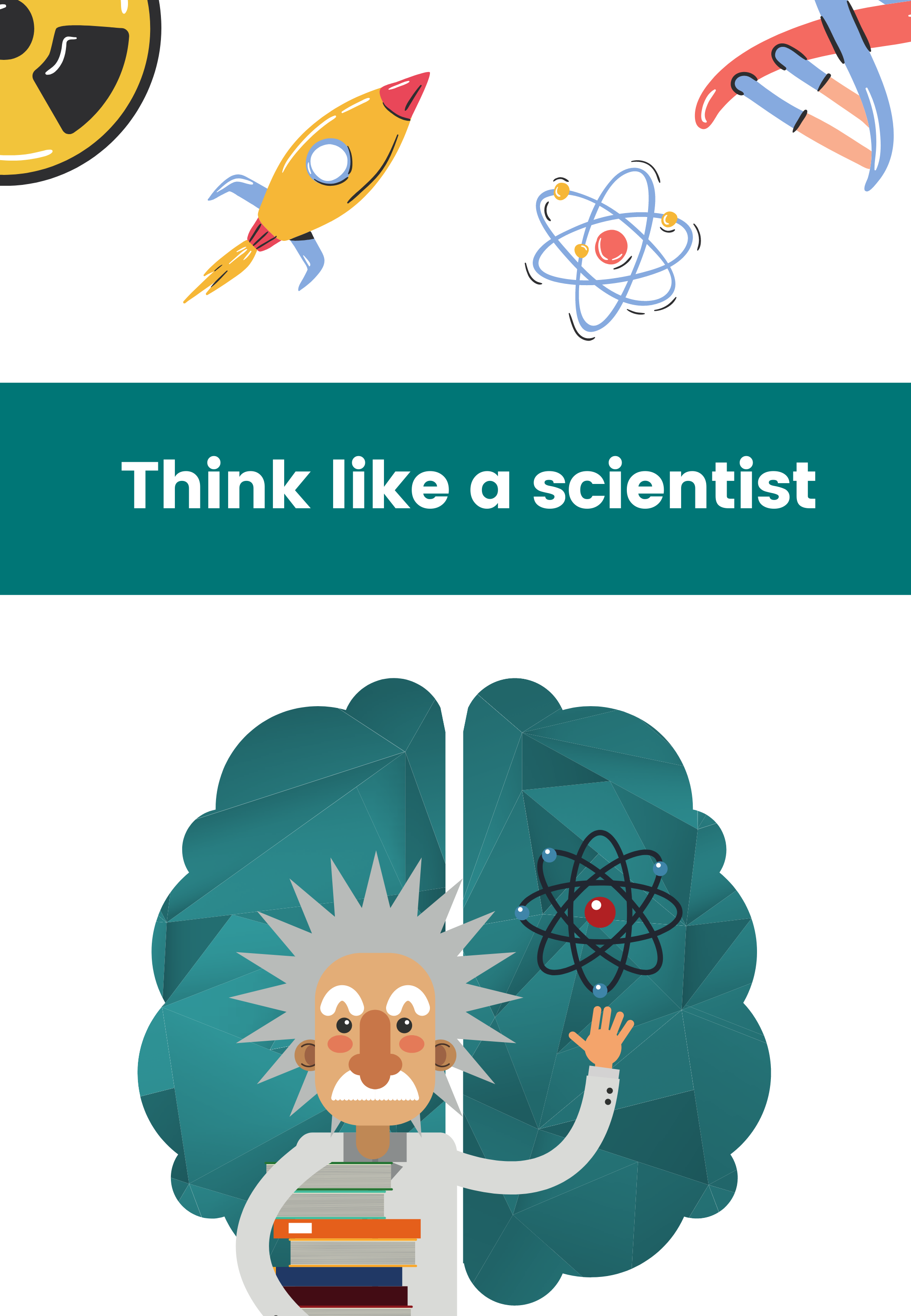Think like a scientist

Parent Post
Adam Grant
In a changing world, you have to be willing and able to change your mind. Otherwise, your expertise can fail, your opinions get out of date, and your ideas fall flat.
Be open to rethinking
Be open to rethinking even if you’re unmotivated.
The reason people shut down is often that they’re afraid of being judged. It is necessary to show your own openness and admit that you might be wrong or your knowledge might be incomplete. acknowledge my own stubbornness and contemplate situations where you might rethink.
If the acknowledged evidence could change your mind, at least it’s a step toward progress.
Being wrong is tied
Being wrong is tied to a more joyful life.
Being wrong means you’ve learned something. If you find out that you were right, there’s no new knowledge or discovery. Hence the joy of being wrong is the freedom to keep learning.
If you can embrace the joy of being wrong, then you get to anchor your identity more in being someone who’s eager to discover new things, than someone who already knows everything or is expected to know everything.
If you can embrace the joy of being wrong, then you get to anchor your identity more in being someone who’s eager to discover new things, than someone who already knows everything.
Look for reasons to
Look for reasons to be wrong
If you don’t get good at rethinking, then you end up being wrong more often. The quicker you are to recognize when you’re wrong, the less wrong you become.
In an experiment, entrepreneurs who thought like scientists brought in more than 40 times the revenue of the control group. This is because they were more than twice as likely to pivot when their first product or service launch didn’t work instead of getting their egos all wrapped up in proving that they were right.
Thus, being willing to admit you’re wrong can actually accelerate your progress toward being right.
The year 2020 taught
The year 2020 taught us to adapt and change rather than stubbornly adhere to old ideas and opinions.
It is important for people to be humbler about their knowledge and stay open to learning and changing their minds. This skill is crucial not only for facing crises like the pandemic but also for navigating complex social issues and making good business decisions.
Embrace your expertise but
Embrace your expertise but give every idea equal weight.
The whole point of rethinking is to change your mind in the face of better logic or stronger evidence—not to just roll the dice and say, I’m going to pick a random new opinion today.
What you need is humility, being grounded, recognizing that, yes, we have strengths, but we also have weaknesses.
Embrace rethinking.Be a super-forecaster.
Embrace rethinking.
Be a super-forecaster. This means that when you form an opinion, you make a list of conditions that would change your mind.
That keeps you honest because once you get attached to an opinion, it’s really hard to let go. But if you identify factors that would change your mind upfront, you keep yourself flexible.
Why it is hard
Why it is hard for people to change their minds:
- Cognitive entrenchment: This is when you have so much knowledge in an area that you start to take for granted assumptions that need to be questioned.
- Motivation: This is when you don’t want to rethink; you’re comfortable with the way you’ve always done things.
- Social: People generally end up with opinions that are influenced by the people in their social circles and prefer not to put such opinions at stake.
Thinking like a scientist
Thinking like a scientist means that:
- You favor humility over pride and curiosity over conviction.
- You know what you don’t know, and you’re eager to discover new things.
- You look for reasons why you might be wrong, not just reasons why you must be right.
- You listen to ideas that make you think hard, not just the ones that make you feel good.
- You surround yourself with people who can challenge your process.

